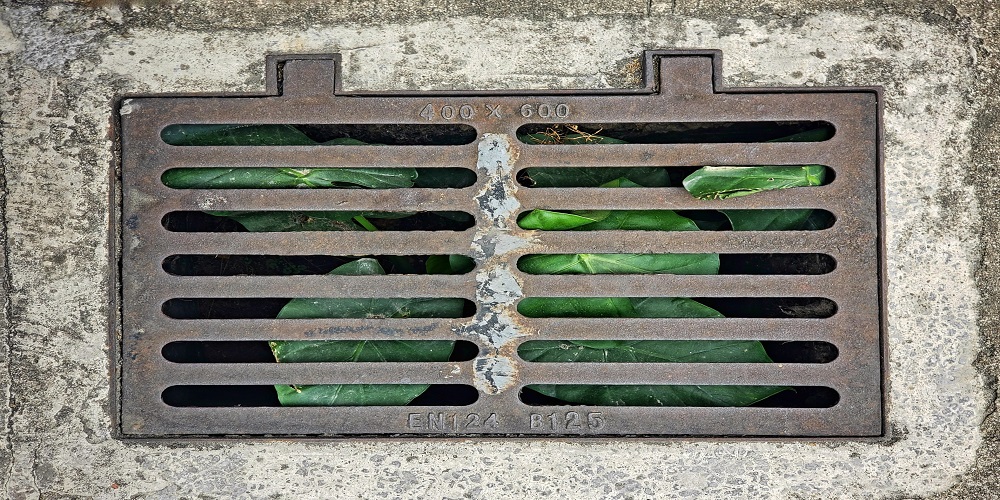Maintaining a healthy septic system is crucial for homeowners across Canada. Septic tanks play a vital role in wastewater management, ensuring that harmful substances are properly treated before being released into the environment. Regular pumping and inspection of the septic tank are essential to prevent system failures and costly repairs. In this article, we will explore why Importance of Pumping and Inspecting the Septic Tank the signs of a failing system, and the benefits of hiring a professional septic system repair company.

Understanding the Septic System:
Septic tanks are underground chambers that collect and treat wastewater from households not connected to a municipal sewer system. The tank separates solid waste from liquid waste and allows the solids to settle while the liquids flow into the drain field for further treatment. Bacteria present in the tank break down the organic matter, ensuring proper decomposition and preventing contamination of water sources.
The Importance of Regular Pumping:
Over time, solid waste accumulates in the septic tank and forms a layer of sludge, reducing its capacity to hold wastewater effectively. Regular pumping, typically every three to five years, removes the accumulated sludge and prevents it from entering the drain field. Neglecting septic tank pumping can lead to system failures, backups, and environmental contamination. Pumping frequency may vary depending on household size, water usage, and tank size. Consulting a professional can help determine the ideal pumping schedule.
Signs of a Failing Septic System:
a. Slow drains and gurgling sounds:
When wastewater takes longer to drain or you hear unusual sounds from drains, it could indicate a full or failing septic tank.
b. Foul odors:
Strong and persistent odors near the drain field or in the house could be a sign of septic system issues.
c. Wet and soggy drain field:
An excessively wet or saturated drain field may indicate a failing septic system unable to handle the wastewater.
d. Backups and overflows:
If sewage backs up into toilets, sinks, or drains, it’s a clear sign of a septic system problem that requires immediate attention.
Benefits of Professional Inspection:
A professional septic system inspection can identify potential problems before they escalate into major issues. Inspections help determine if the septic tank requires pumping, ensuring optimal functionality and preventing system failures. Professionals use specialized tools and equipment to thoroughly assess the tank, drain field, and other components, providing accurate evaluations. Inspection reports offer valuable insights, enabling homeowners to make informed decisions and take necessary steps to maintain their septic system.
Hiring a Professional Septic System Repair Company:
Professional septic system repair companies have the expertise and experience to handle septic system maintenance, repairs, and installations. They employ trained technicians who understand the complexities of septic systems and can address issues efficiently. These companies have access to specialized equipment and follow industry best practices, ensuring high-quality work and reliable results. By hiring professionals, homeowners can save time, avoid costly mistakes, and have peace of mind knowing that their septic system is in good hands.
Conclusion:
Maintaining a healthy septic system is crucial for homeowners in Canada to ensure environmental protection and avoid expensive repairs. Regular pumping and inspection of the septic tank play a vital role in preventing system failures.
By recognizing the signs of a failing septic system and acting promptly, homeowners can avoid backups, environmental contamination, and health hazards. Hiring a professional septic system repair company is highly recommended for comprehensive inspections, efficient repairs, and reliable maintenance. Take the necessary steps today to safeguard your septic system and preserve the well-being of your home and the environment.